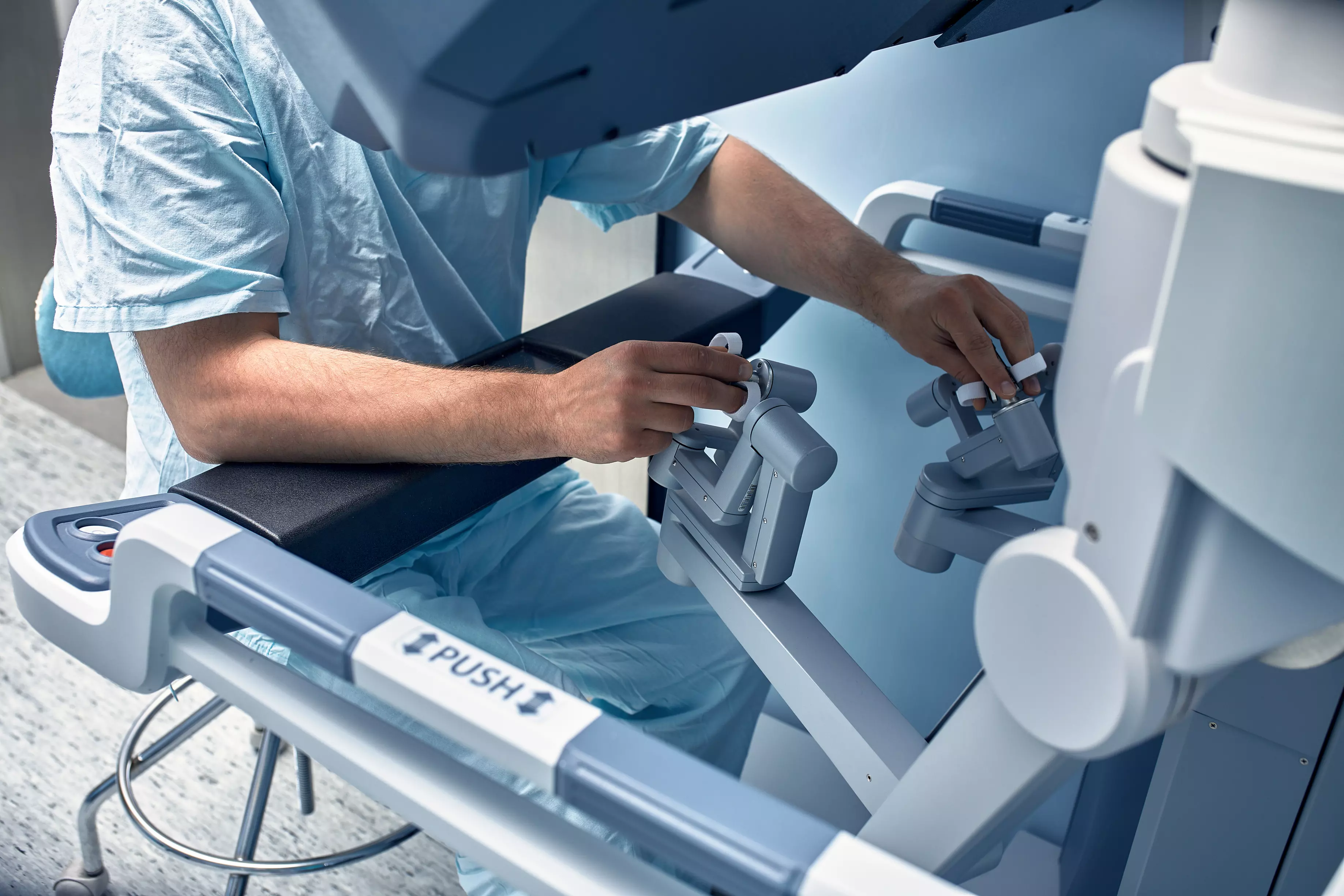Development of medical technology in comprehensive health care
Healthcare is one of the key elements in the functioning of any society. As technology advances, the medical sector is constantly evolving, introducing innovations that change the way medical services are provided. Developments in medical technology are having a tremendous impact on comprehensive health care, helping to improve diagnosis, treatment and rehabilitation of patients.
Innovative medical devices
Developments in medical technology have led to the development of many innovative devices that help diagnose and treat various diseases. Modern MRI machines allow more precise diagnosis, making it possible to detect even the smallest changes in a patient's body. As a result, doctors can diagnose diseases earlier and take appropriate treatment, which translates into an increased chance of cure or inhibition of the disease.
The aforementioned MRI machines are also used for therapeutic purposes, allowing precise placement of therapy on a specific area of the patient's body. This gives more effective treatment, while minimizing the risk of damage to healthy tissues.
Telemedicine as the future of healthcare
Nowadays, telemedicine, which allows medical services to be provided remotely, is becoming increasingly popular. Through the use of Internet communication and specialized software, patients can consult with doctors, receive a diagnosis and seek advice on their health without having to visit medical facilities.
Telemedicine contributes to reducing the waiting time for a consultation, which is particularly important in the case of emergency and urgent illnesses. In addition, it enables access to specialized medical care for people living in hard-to-reach regions where medical facilities are lacking. In this way, medical technology eliminates geographic barriers and makes health care more accessible and efficient for all patients.
Robotics in surgery
Medical technology is also innovating in the field of surgery. Surgical robotics enables more precise procedures, minimizing the risk of complications and reducing patient recovery time. By using surgical robots, doctors are able to achieve greater accuracy in hard-to-reach body locations, resulting in better surgical outcomes.
Surgical robots are also used in minimally invasive procedures, introducing smaller incisions and reducing the risk of infection and post-operative pain. This gives patients a more comfortable and safer method of treatment, while speeding up recovery to full function.
Security and protection of medical data
Modern medical technologies not only improve the quality of medical service delivery, but also enhance patient safety through access to their medical data. Electronic medical systems allow patient information to be stored and shared more securely and efficiently.
The introduction of modern security technologies, such as two-step authentication, data encryption and monitoring of access to medical information, minimizes the risk of violating patient privacy. As a result, patients can rest assured that their data is protected and used only for medical purposes.
Summary
The development of medical technology plays a key role in comprehensive health care. Modern diagnostic equipment and innovative treatment methods help improve the efficiency of medical care. Telemedicine enables easier access to medical services for all patients, regardless of where they live. Surgical robotics introduces greater precision and efficiency in the surgical process, and electronic medical systems enable secure storage and sharing of patient data. As a result, developments in medical technology continue to improve the quality and efficiency of comprehensive health care.